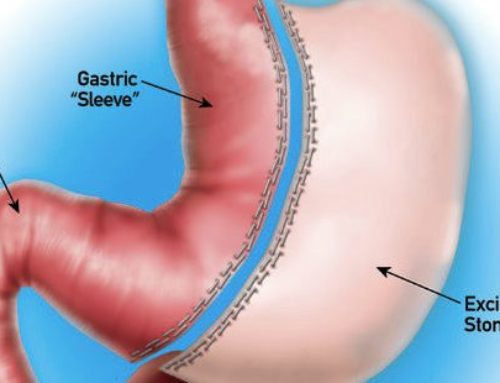 At the Bariatric Institute of Greater Chicago, our patients often come to us seeking gastric band surgery (commonly known as a Lap-Band), after trying a multitude of diets and receiving countless weight loss tips. Unfortunately, there are many prevalent myths about weight loss and obesity, and these myths can sabotage even the most dedicated dieter. The New England Journal of Medicine recently published a special report about common obesity myths and presumptions.
At the Bariatric Institute of Greater Chicago, our patients often come to us seeking gastric band surgery (commonly known as a Lap-Band), after trying a multitude of diets and receiving countless weight loss tips. Unfortunately, there are many prevalent myths about weight loss and obesity, and these myths can sabotage even the most dedicated dieter. The New England Journal of Medicine recently published a special report about common obesity myths and presumptions.
One of the myths that the Journal cited, and we want to highlight, is the myth that “small changes in diet or activity level will produce large weight changes in the long-term”. Obesity experts explain that this myth comes from the decades old rule-of-thumb that for every 3,500 calories that you burn or don’t consume, you lose a pound. But this rule was derived from short-term studies. Newer data shows that people lose much less weight when they burn it over a longer period of time. The key concept is that small changes lead to small weight loss, and to achieve big weight loss, big lifestyle changes are required. Another noteworthy myth the report dispels is that “setting realistic, small weight loss goals is better because it leads to less frustration and therefore better weight loss results”. Recent research demonstrates that interventions aiming to improve weight loss by setting smaller goals did not result in better weight loss outcomes, and several studies actually show more weight loss with aggressive goals.
The dispelling of these two myths in particular is important for patients considering gastric band surgery. It highlights the importance of taking big steps in order to achieve substantial weight loss. The band system requires patients to commit to making lifestyle changes, in order to achieve optimal weight loss results. The band itself is just a tool, but it does provide a great deal of leverage to help you achieve permanent weight control. Dr. Shayani offers regularly scheduled educational seminars at different sites around the state of Illinois. These free seminars allow patients to learn more about their treatment options in a relaxed, but informational environment. You can view our upcoming seminar dates here.






